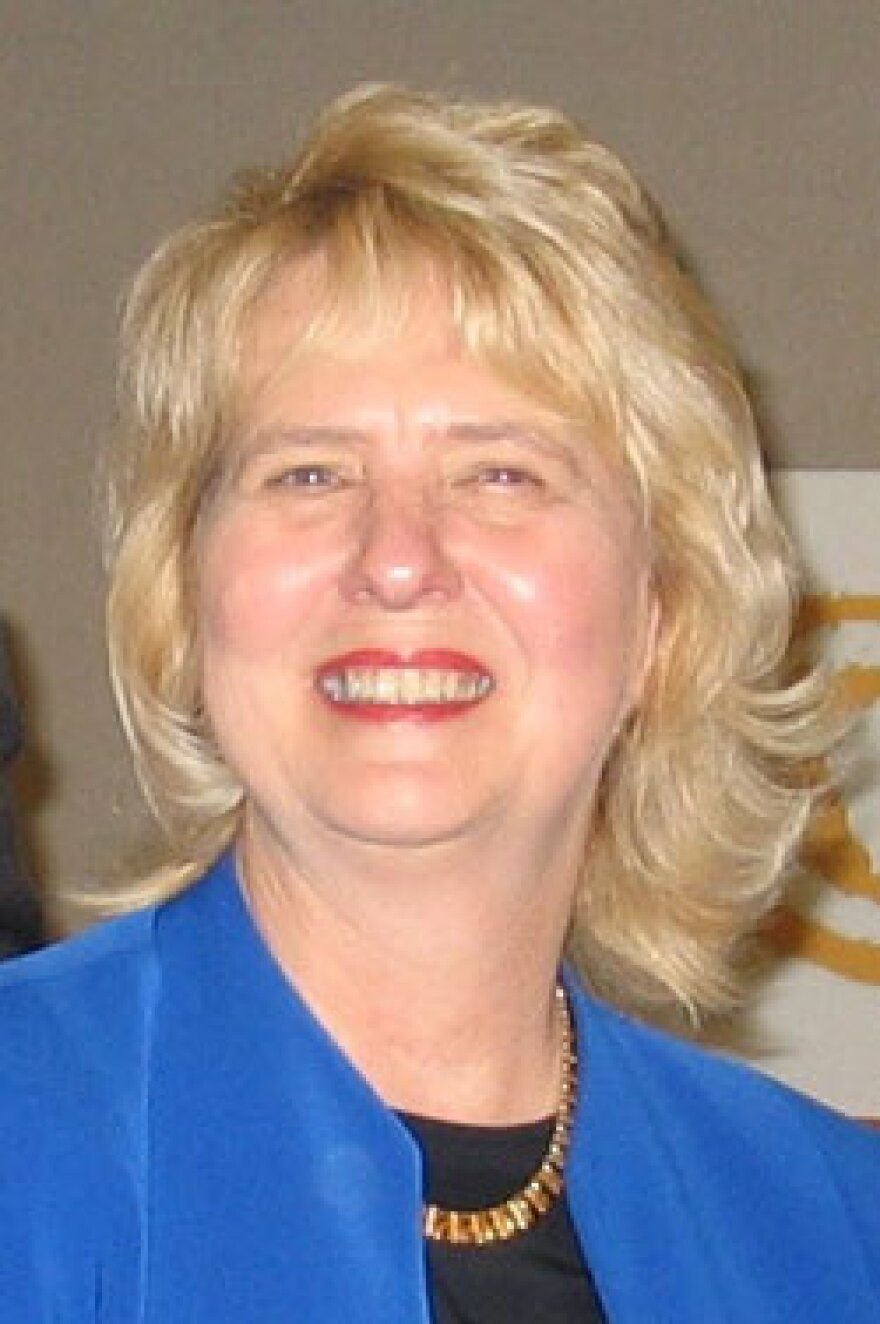With Election Day still four months away, the anger and elation felt in light of the U.S. Supreme Court's decision on the Affordable Care Act may die down slightly by November. But if the economy is issue-1 on people's minds when they go to the polls, USF Political Science Professor Dr. Susan MacManus says healthcare reform will likely be issue-1a.
"Clearly the economy and jobs is still going to be preeminent," she said. "But what this ruling does do is to now interweave healthcare as a cost item and a job creation item into the debate. So in that way, it sort of joined the two issues."
MacManus says the focus shouldn't be on the reactions of supporters or opponents of healthcare reform, as their attitudes will only be hardened by the decision. The people to consider are independents and what she calls 'casual' voters.
"Right now, the complexity of it may just, at least for some of the casual voters who aren't really informed on it, look like it's kind of 'Washington-speak.' The real impact won't be, I think, known politically for a couple weeks until it settles in."
And the ones who may come out taking the most heat from the ruling are the Supreme Court justices themselves.
"With this 5 to 4 ruling and one that seems very divided--they ruled one way on the Commerce Clause and another way on the tax clause," she said. "If anything, I think that their favorability ratings may be going down a bit and they may be seen by, particularly independents, as just another politicized Washington institution."
A CBS News-New York Times opinion poll released earlier this month showed only 44 percent of respondents approved of the way the High Court is doing its job.
MacManus also says the presidential campaigns will continue to use the healthcare issue to motivate followers, particularly when it comes to donations. She said both campaigns struck while the iron was hot--within a few hours of the ruling Thursday morning, she received emails from the Obama and Romney campaigns asking for money.
As she said, "Nothing makes people more likely to give money than something that affects them emotionally."





